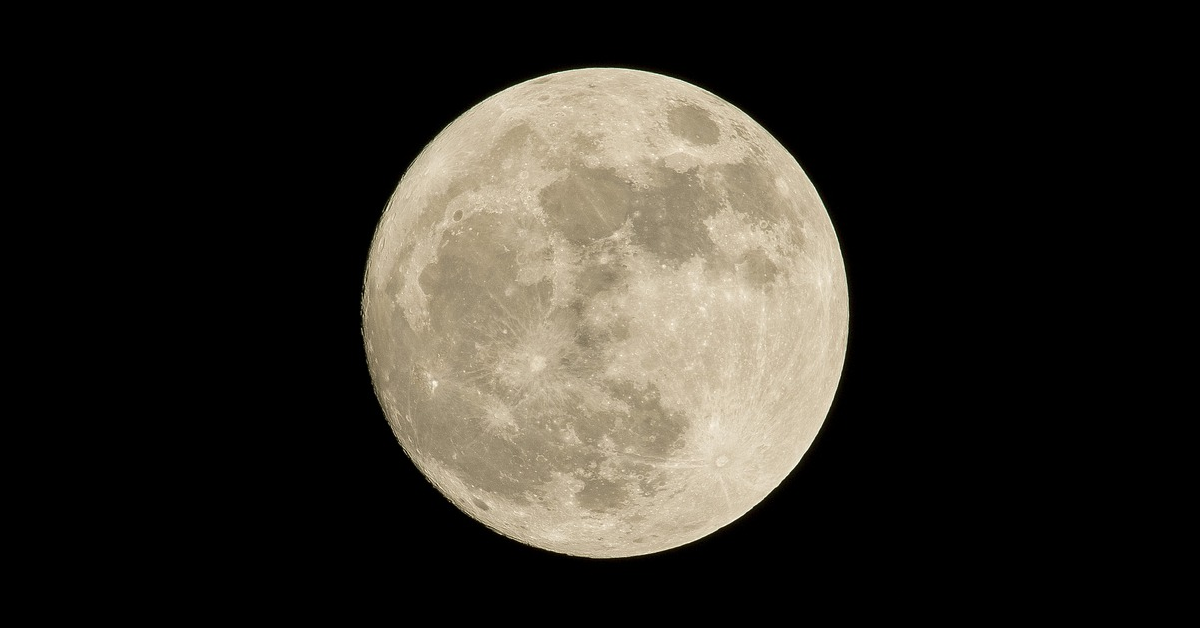Four research teams made it to the final level of NASA’s Watts on the Moon Challenge, a competition that seeks innovations on power generation and storage on the lunar surface.
The winning teams are led by tech startup Orbital Mining Corp., Michigan Technological University, Ohio State University and the University of California – Santa Barbara, NASA announced Wednesday.
Watts on the Moon is part of the Space Technology Mission Directorate’ Centennial Challenges, which was established to encourage public involvement in the agency’s development of advanced technologies. Phase Two of the energy storage contest began in February 2022, with level 1 of the competition ending in August.
The four teams were shortlisted from the level 2 competition. Ohio State University demonstrated a six-kilometer cable with modular power conversion emulating a power transmission line built for the Moon’s surface.
UCSB’s experimental system has shown promise in generating electricity in a wide temperature range, indicating that it may be able to distribute power on lunar days and nights.
MTU took its winning entry from the 2020 NASA BIG Idea Challenge and developed what they call a Tethered Mechanism for Persistent Energy Storage and Transmission. The device uses a battery storage hub and adapted rovers to deliver electricity in uncertain terrains.
Colorado-based Orbital Mining is working on a high-voltage DC-to-DC converter system that can function despite cold temperatures during sunless lunar nights.
Their prototypes will undergo testing in a simulated environment in 2024.





